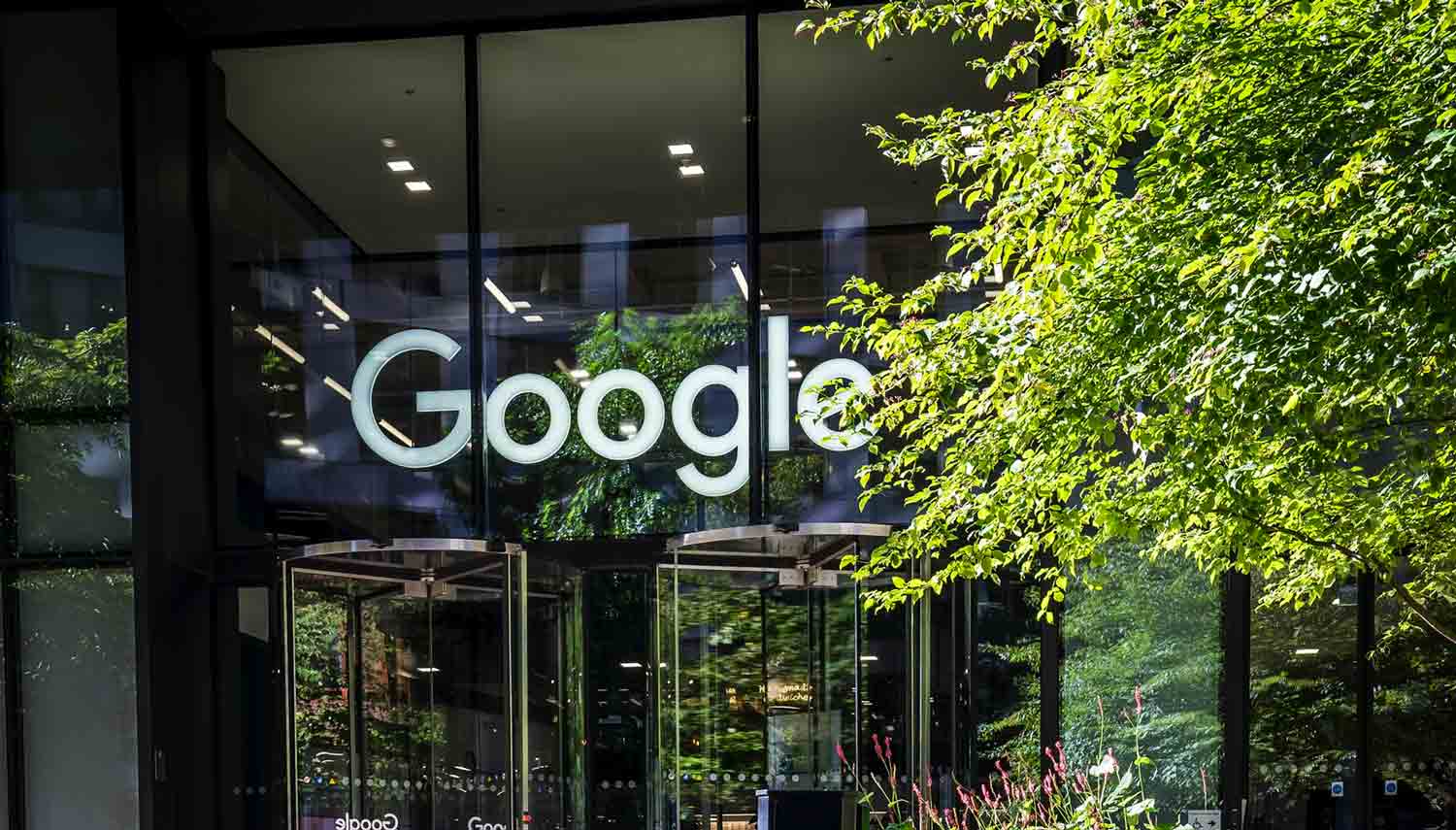

The idea of artificial intelligence (AI) and the singularity has become widely debated and speculated upon in recent years. The singularity refers to a hypothetical point in time when AI surpasses human intelligence, resulting in an unprecedented acceleration of technological advancement. This could lead to a future where machines can think and act independently, potentially even surpassing human intelligence.
Although the concept of the singularity has been around since the 1950s, it has garnered significant attention due to advancements in AI technology. AI, a field of computer science, focuses on creating intelligent machines that can mimic human thinking and behavior. AI is already being utilized in various applications such as self-driving cars, facial recognition, and natural language processing.
The potential implications of the singularity are both intriguing and daunting. On one hand, it could lead to a future where machines can think and act independently, potentially surpassing human intelligence. In such a world, machines could solve complex problems that humans are unable to and make more efficient and accurate decisions.
On the other hand, the singularity could bring about a future where machines take over human jobs, resulting in significant disruptions to the global economy. This could render certain tasks obsolete for humans as machines prove to be more efficient and accurate in performing them.
Considering these potential implications, it becomes evident that the singularity holds both promise and concern. It could create a future where machines can outperform humans in various domains, such as problem-solving and decision-making. However, it could also lead to widespread unemployment and a fundamental shift in the way societies operate.
As we navigate the path towards the singularity, it is crucial to approach the development of AI with responsibility and ethical considerations. It should be used in a manner that benefits humanity and ensures the well-being of individuals. Balancing the potential benefits and risks is essential to harnessing the power of AI effectively.
While it is impossible to predict precisely what the future holds, it is important to explore the potential implications of the singularity and prioritize its responsible and ethical use. By doing so, we can ensure that AI enhances human existence rather than replaces it.
Related Posts




